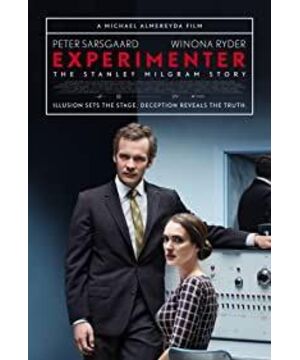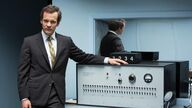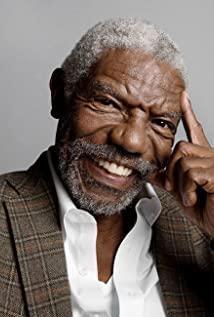I don't think the ethics committee debates in the movie make any sense.
But I think there is one thing, the doctor should be considered to have deceived the subject.
He told the "teacher" that these electric shocks would not cause any damage to the "student"'s body at all.
Then if the "teacher" believes it is true and believes that even a voltage of 450 volts cannot be electrocuted, and that even if the "student" shouts in pain, the electric shock will not actually cause any harm to him, can the "teacher" be cleared of the crime ?
"I press this button, it just hurts him, it won't really hurt him, he is safe, and he will still live a healthy life after the experiment."
If the "teacher" always believes in the harmless guarantee of the doctor, With this thought in mind, are they two completely different types of people from the slaughterer who actually executes the order of harm?
Why did the electrical engineer stand up and refuse, because he knew that 450 volts would definitely electrocute people, so he didn't believe the harmless theory that the doctor said, he didn't want to hurt others, he walked away resolutely and left the experiment.
Others don't necessarily have this expertise, plus the doctor's assurance, they are hesitant even when they hear the heart-piercing shouts, whether they have hurt others. I believe that there must be people who firmly believe that electric shock is harmless, so they can persist to the end.
The Doctor is making a joke here. Because his electric shock was not actually performed, it did not cause any harm to the "student". So you can't say he cheated. But this is a very important point that I think can influence the results of the experiment. The situation at that time is no longer known. Of course, the film is also selectively presented. I just think that the conclusion is made by people, and there is definitely no problem in using the conclusion to test the process, but we can think about it again. Before drawing a conclusion.
View more about Experimenter reviews











